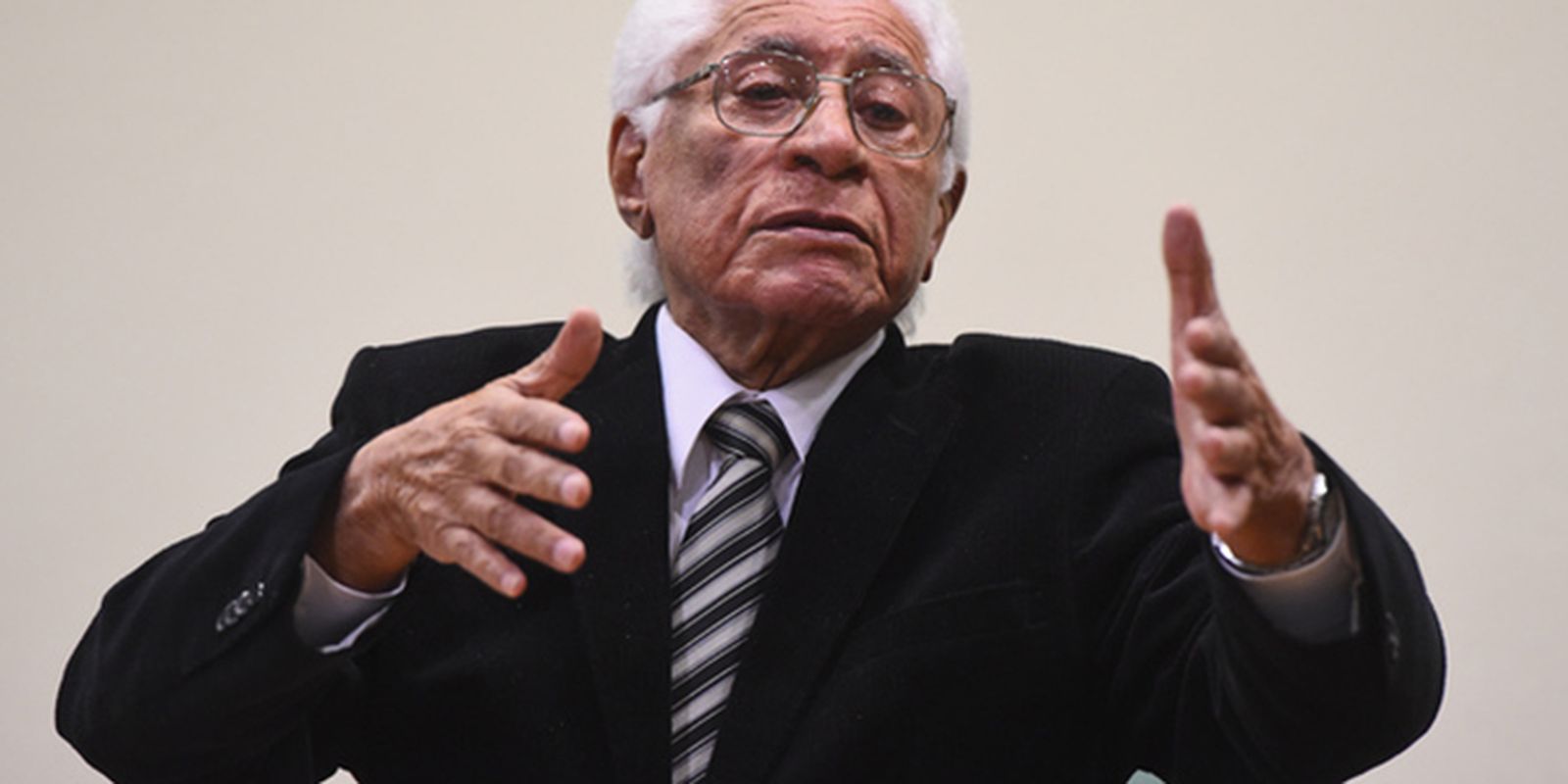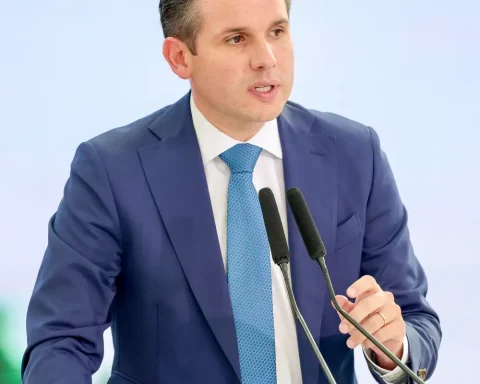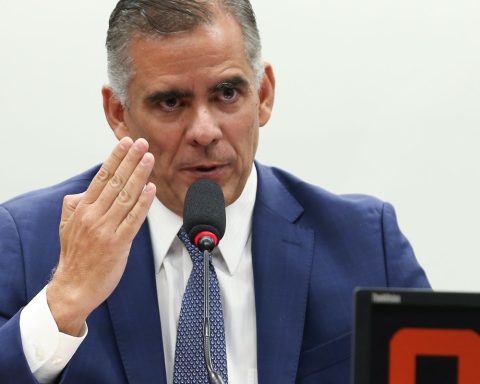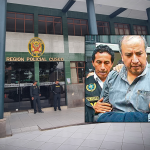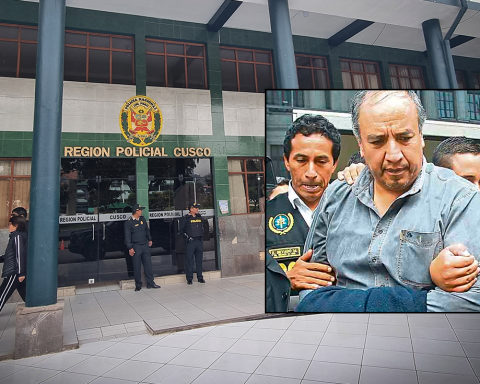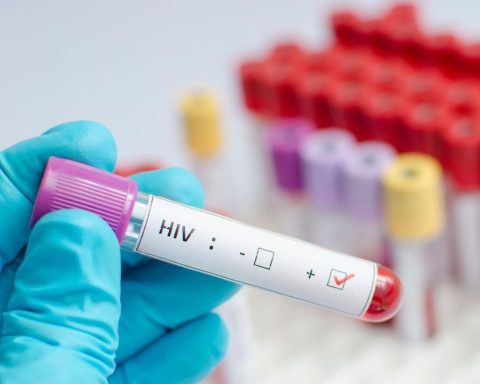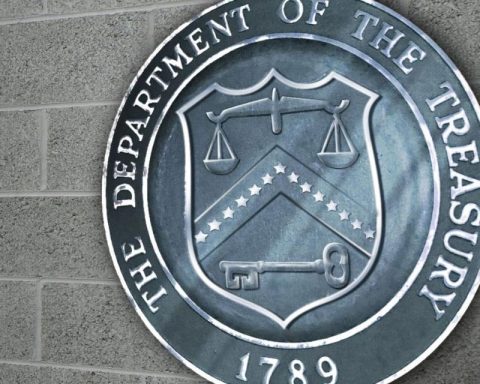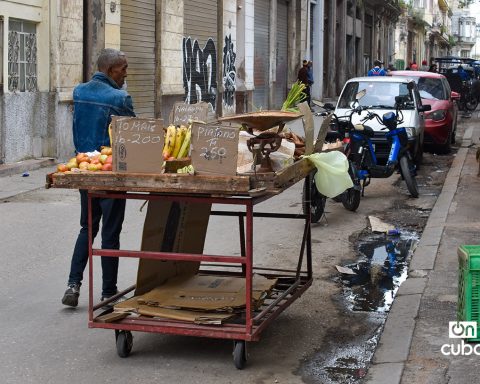Former governor of Rio Grande do Sul Alceu Collares died in the early hours of this Tuesday (24), aged 97. He had been hospitalized since the 16th at Hospital Mãe de Deus and had multiple organ failure. Collares leaves behind his wife and son. 
Eight years ago, the former governor was diagnosed with pulmonary emphysema. In November he had pneumonia, which worsened and caused him to be hospitalized.
The wake is held until 4pm at Palácio Piratini and is open to the public. Burial will be in the Jardim da Paz Cemetery.
President Luiz Inácio Lula da Silva lamented Collares’ death on a social network. “We said goodbye this morning to Alceu Collares, one of the great Brazilian politicians. Gaúcho de Bagé, was the only black governor of Rio Grande do Sul and one of the founders of the PDT alongside Leonel Brizola. Always defending workers and labor causes in the country, Collares leaves a great legacy for Brazil. My condolences to the family and admirers of this great Brazilian”, said Lula.
Governor Eduardo Leite decreed three days of official mourning and mourned Collares’ death on a social network. “My solidarity with the children of Collares and his wife, Neusa Canabarro, in this moment of pain. May they find comfort in the memory of their trajectory and in the recognition of their contribution to our society. Rio Grande do Sul loses a great leader, but Your example will be eternal.”
In a statement, the RS Communication Secretariat paid tribute to the former governor, saying that Collares leaves a legacy of fighting for social justice, workers’ rights and the development of Rio Grande do Sul. “In education, he also left his mark with construction of Integrated Public Education Centers (Cieps), a pioneering model of full-time schools”, says the note.
Collares was born in Bagé in 1927. After graduating in Law, he joined the PTB and was elected councilor in Porto Alegre for the first time in 1964. From 1971 to 1983, he was a federal deputy for the MDB and then for the PDT. From 1986 to 1988 he was mayor of Porto Alegre. Between 1991 and 1995 he was governor, being the first black person to hold the position. The former governor also stood out for fighting against the dictatorship between 1964 and 1985.
